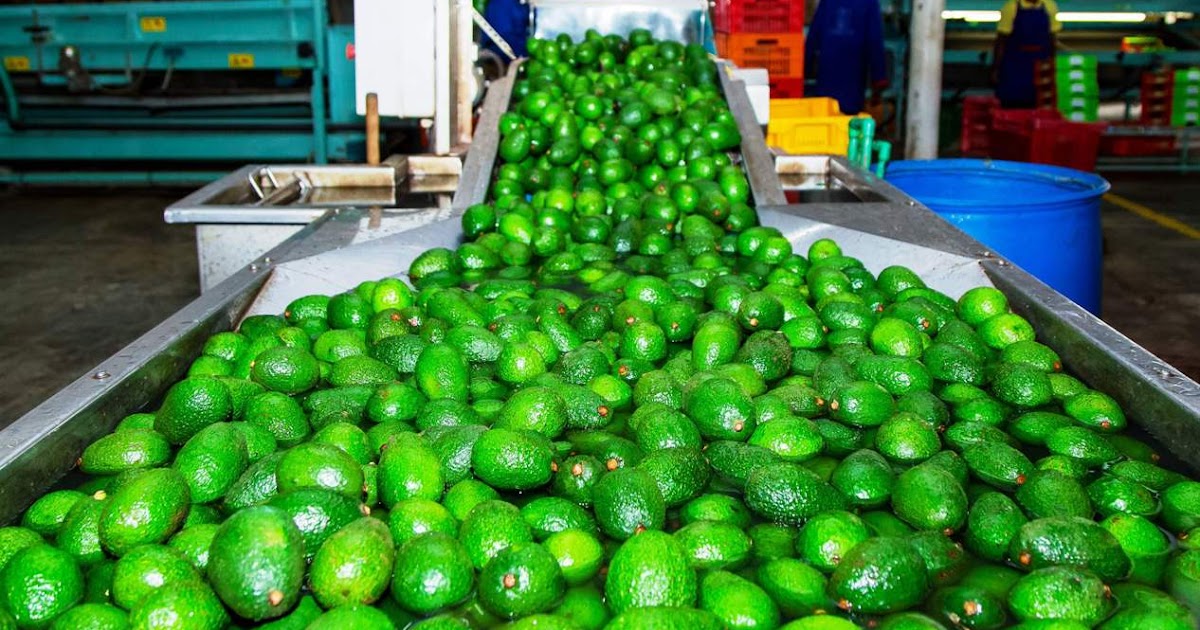Avocados from Kenya: A Rising Global Supplier
Kenya is emerging as a major player in the global avocado market, gaining recognition for its high-quality, organic, and export-ready avocados. As demand for avocados continues to grow worldwide, Kenyan avocados are becoming a preferred choice for importers, thanks to their rich taste, extended harvest season, and competitive pricing.
In this article, we explore Kenya’s avocado industry, why Kenyan avocados are gaining popularity, key export markets, and future trends.
1. Why Are Kenyan Avocados Gaining Popularity?
Kenyan avocados are in high demand due to several factors:
✅ Superior Quality & Taste – Grown in ideal tropical conditions, producing creamy, flavorful fruit.
✅ Extended Harvest Season – Kenya supplies avocados from March to September, filling market gaps when other exporters are off-season.
✅ Organic & Sustainable Farming – Many Kenyan avocados are grown pesticide-free and meet international organic standards.
✅ Cost-Effective Alternative – Competitive pricing compared to avocados from Mexico, Peru, and South Africa.
✅ Strategic Export Location – Kenya’s access to the Indian Ocean allows for fast shipping to Europe, the Middle East, and Asia.
2. Where Are Kenyan Avocados Grown?
Kenya’s fertile volcanic soil and favorable climate make it an ideal location for avocado cultivation. The top avocado-producing regions include:
🌍 Central Kenya: Kiambu, Murang’a, Nyeri
🌍 Rift Valley: Nakuru, Nandi, Bomet
🌍 Eastern Kenya: Meru, Embu
🌍 Western Kenya: Kakamega, Bungoma
These regions experience moderate rainfall, well-drained soils, and optimal temperatures, allowing avocados to flourish naturally.
3. What Avocado Varieties Does Kenya Produce?
Kenya grows both export-grade and local market avocado varieties, with the main types being:
A. Hass Avocado (Most Exported Variety)
✔ Thick, pebbly skin that turns dark purple-black when ripe.
✔ High oil content for a creamy texture.
✔ Long shelf life, making it ideal for export and shipping.
B. Fuerte Avocado
✔ Green-skinned, pear-shaped, stays green when ripe.
✔ Lower oil content but smooth, buttery taste.
✔ More resistant to bruising than Hass.
C. Local Varieties (Kienyeji Avocado)
✔ Mostly for domestic consumption.
✔ Larger in size but lower oil content.
✔ Less popular in global markets due to shorter shelf life.
4. Kenya’s Avocado Export Markets
Kenya exports over 100,000 metric tons of avocados annually, making it Africa’s largest exporter.
| Country | Percentage of Kenyan Avocado Exports |
|---|---|
| Europe (EU) | 60% (Netherlands, France, Spain, Germany) |
| Middle East | 20% (UAE, Saudi Arabia, Qatar) |
| China & Asia | 10% (India, Malaysia, South Korea) |
| Africa & Regional Markets | 10% (South Africa, Egypt) |
Kenya recently gained access to the Chinese market, further boosting its global export potential.
5. Why Are Kenyan Avocados Cheaper Than Other Countries?
Kenyan avocados are more affordable than those from Mexico or Peru because:
🔹 Lower labor costs – Farming and harvesting in Kenya are labor-intensive but cost-effective.
🔹 Favorable climate – Requires minimal artificial irrigation, reducing production costs.
🔹 Lower transportation costs to Europe – Kenya has shorter shipping routes compared to South American suppliers.
6. Challenges Facing Kenya’s Avocado Industry
Despite Kenya’s success, the industry faces some challenges:
A. Quality Control & Post-Harvest Handling
- Some farmers harvest unripe avocados to meet export demand, affecting reputation.
- Poor handling can lead to high rejection rates in European markets.
B. Global Competition
- Kenya competes with Mexico, Peru, and South Africa, which have larger production volumes.
C. Climate Change & Water Shortages
- Rising temperatures and irregular rainfall patterns can impact future harvests.
7. Future of Avocado Farming in Kenya
Kenya’s avocado sector is growing rapidly, with promising future developments:
🌱 More Farmers Adopting Hass Avocado Farming – Expanding Kenya’s global reach.
📈 Investment in Cold Storage & Processing Plants – Reducing post-harvest losses.
🌍 Expanding Markets in Asia & the Middle East – Increasing export potential.
🔬 Sustainable Farming & Organic Certification – Boosting Kenya’s reputation for eco-friendly avocado production.
8. Conclusion
Kenya is becoming a top global supplier of avocados, thanks to ideal growing conditions, competitive pricing, and strong export markets. While the industry faces quality and climate challenges, Kenya’s avocado sector continues to expand, offering a reliable source of premium Hass and Fuerte avocados.
Looking for high-quality Kenyan avocados in bulk? Wigmore Trading specializes in sourcing and exporting fresh avocados worldwide. Contact us today for wholesale supply and shipping options!








Comments are closed.